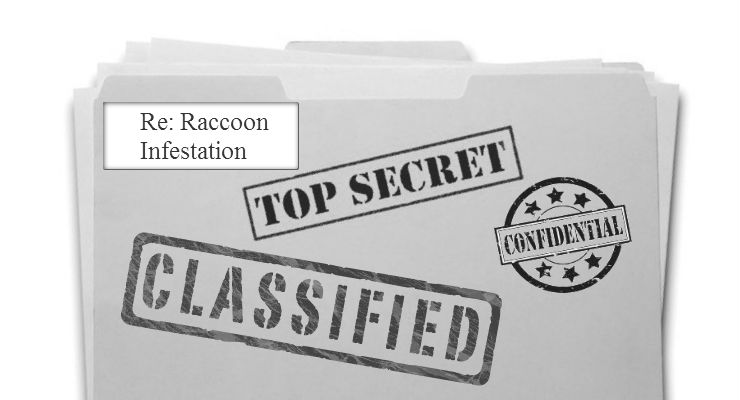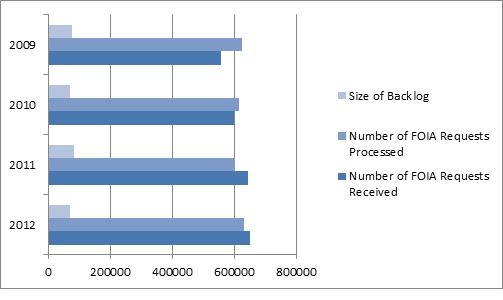
by the City Commissioner of Philadelphia, Stephanie Singer
I started using email in 1985, the same year I first had a computer on my desk. I was a graduate student in the Computer Science Department at Stanford. That year, after a brief period of addiction to a computer game called “Hack” — whose visual world was built entirely out of punctuation, like an emoticon on steroids — I settled down to work, and soon began to rely on my email history to organize and remember my activities and commitments. Am I meeting my professor at 2:00, or is it 2:30? Didn’t I answer that question for you last month? Email had the answers.
By 2010, email was a standard tool at the small business where I worked. I held myself accountable by flagging messages that needed a response. And my boss used email to hold all of us accountable — she didn’t have to wonder whose court the ball was in, because the evidence was right there in the email. Email also provided documentation that could be useful in case of a legal dispute.

As head of IT in that company, I helped set up the email storage system. How many years of emails should an employee have immediate access to? After three years, can we delete the attachments (to save space)? Which of the many email archiving software programs fits our needs best? Should we archive all messages for seven years, or just five?
When I took office as City Commissioner in 2012, my government emails were archived automatically, as I expected. But since 2013 I have been unable to retrieve emails more than 50 days old. Emails deleted as a matter of course. Other policies make it impossible to set up an automatic archive. Even as a City Commissioner with a background in IT working in concert with the City’s IT staff, I can’t find a way to save my emails in bulk, not to mention automatically.
So I do what many City employees do: I forward my outgoing email to a personal email account and try to remember to copy my outgoing emails to that account as well. If an email is particularly important, I print it out and put it in an old-fashioned file cabinet. And I develop new ways to hold myself accountable.
But how will my boss, the people of Philadelphia, hold me and my colleagues accountable while the City erases our email trail? How many important right-to-know requests yield nothing because the emails have disappeared? How many ethics or fraud investigations are stymied by this see-no-evil, hear-no-evil, save-no-evil policy?
The City of Philadelphia should immediately change the 50-day deletion period to at least a year, as well as archiving all emails for at least three years.
Please remember to vote on November 4!
Leave a Reply